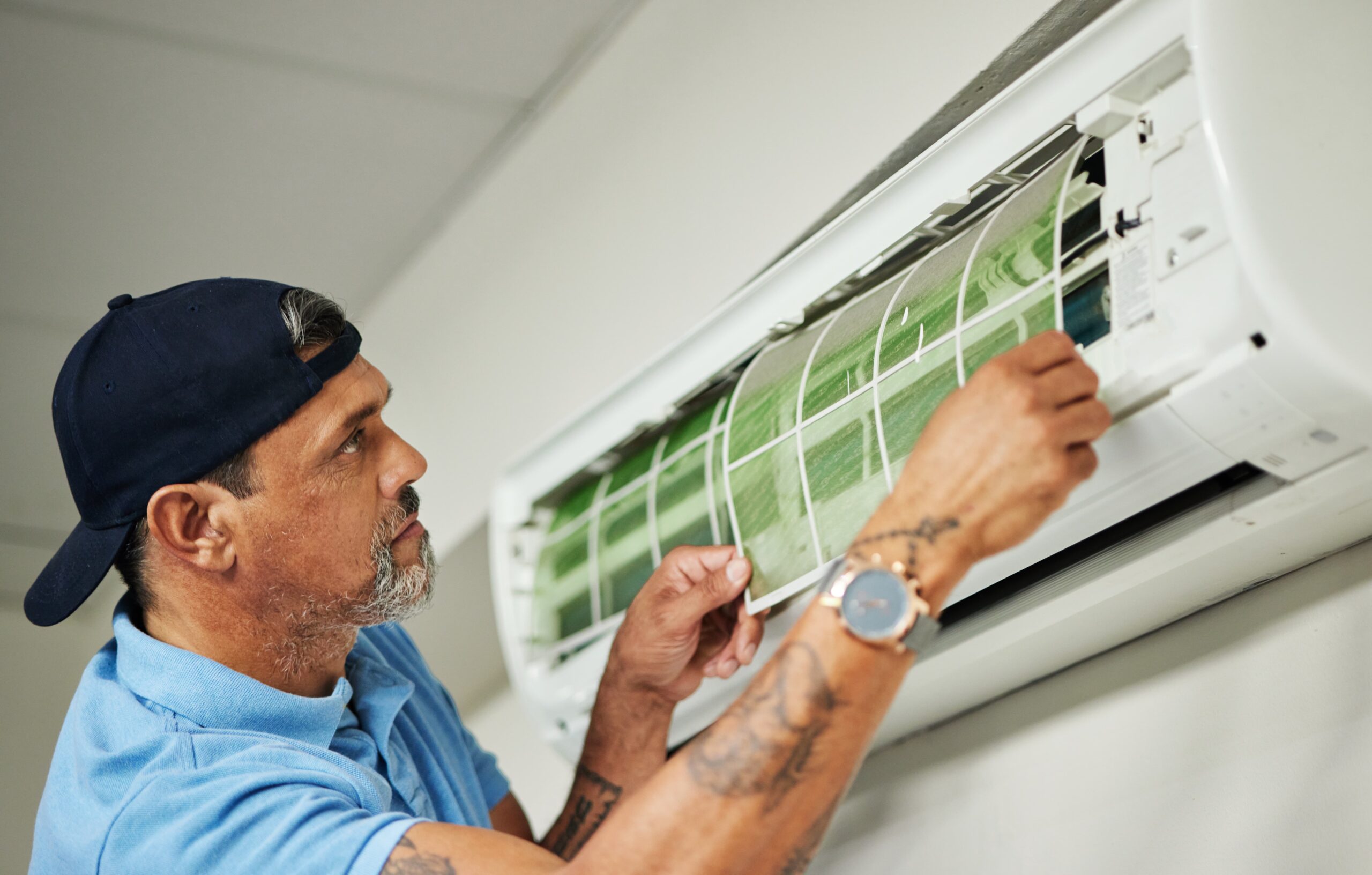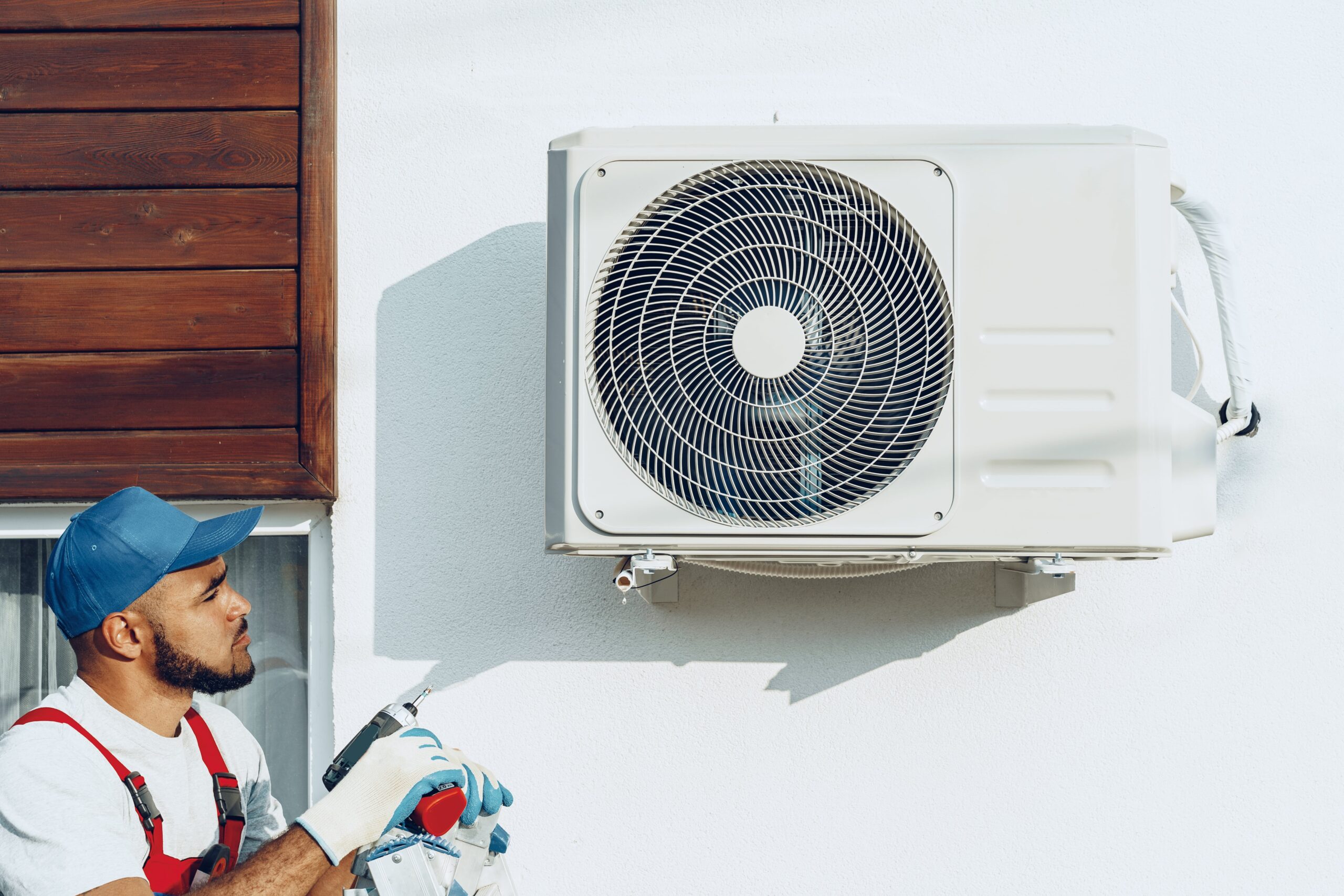
As the colder months approach, a reliable and efficient furnace is important for keeping your home warm and comfortable. But Furnaces don’t last forever. There comes a time when you need to consider furnace replacement in Westlake, OH. Being attentive and noticing warning signs that indicate your furnace may need replacing before winter sets in is important to avoid unexpected breakdowns and make sure that your home stays a cozy place when temperatures begin to drop.
Let’s look at the key warning signs that suggest it’s time to invest in a new furnace before the winter chill sets in.
Can I Install a New Furnace on My Own?
Furnace Age
Furnaces typically have a lifespan of 15 to 20 years. If your furnace is approaching or has surpassed this age range, then there is a good chance that it is time to consider the need for a replacement. Older furnaces tend to be less energy efficient and more prone to frequent breakdowns. This makes them unreliable for the upcoming winter.
If you find yourself calling for repairs frequently as a result of the system’s age, it might be more cost-effective to invest in a new furnace. The cost of continuous repairs can add up quickly, particularly for older units that are more prone to key component failures. You may end up spending more than the cost of a new one.
Heating Bills Going Up?
Similar to the cost of repairs, an older system may result in an unexplained increase in your heating bills. This points to your furnace losing its efficiency. As furnaces age they become less efficient in converting fuel into heat. Investing in a new energy-efficient furnace can help you save on heating costs in the long run.
Yellow Burner Flame
This does not necessarily indicate an aging furnace by itself. Instead, it is a sign of a potential problem with the furnace’s combustion process or burner system. This issue can occur in furnaces of various ages, including relatively new ones. It is often associated with older furnaces for a few reasons.
- A yellow flame in a gas furnace can mean incomplete combustion of natural gas or propane. Incomplete combustion may be caused by a variety of factors, including clogged burners, a malfunctioning gas valve, or insufficient air supply.
- An aging system may accumulate carbon deposits on its burners or heat exchangers. These deposits can interfere with the proper mixing of gas and air during combustion.
- Older furnaces may have worn or corroded heat exchangers or ventilation systems, which can affect the combustion process.
Don’t wait until winter arrives to address potential furnace issues. By paying attention to these warning signs and acting quickly you can make sure your home stays comfy during the winter. Investing in a new, energy-efficient furnace before winter sets in will not only enhance your comfort, but also lead to long term energy savings and peace of mind.




